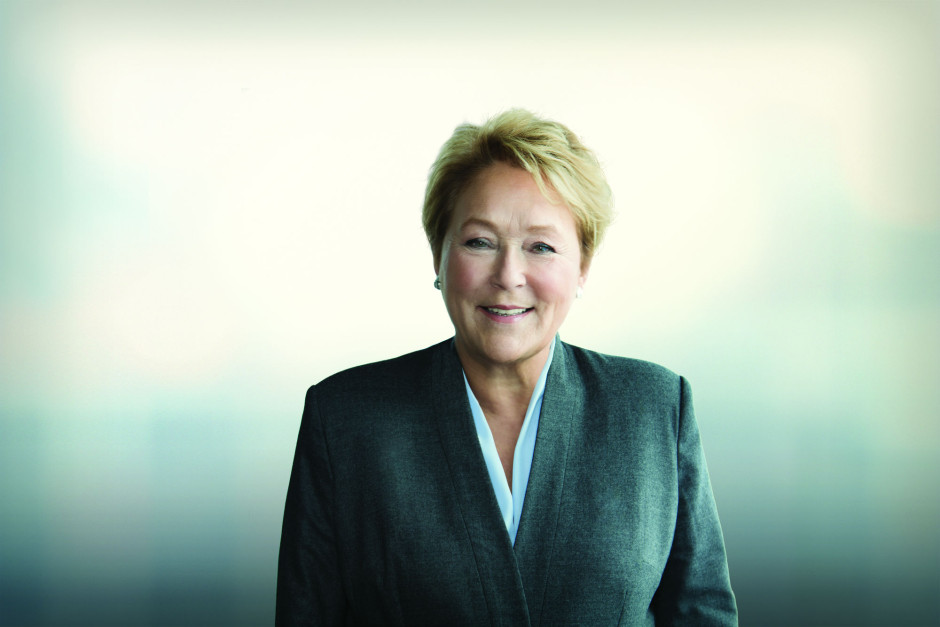The April 7 Quebec provincial election saw Pauline Marois’ Parti Québécois suffer a shellacking. After 19 months of running a minority government, the sovereigntist PQ fell to 30 seats, a full 40 below the Liberals, who won 70 of the 125 seats in the National Assembly.
Liberal leader Philippe Couillard will become the next premier of the province with a majority government.
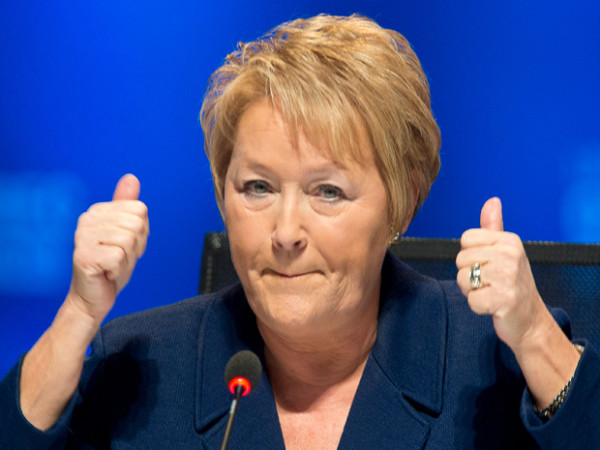
The Coalition Avenir Québec (CAQ) took 22 seats and Québec Solidaire (QS) three. The Liberals gained 20 seats over their 2012 showing, the CAQ three, and QS one. The PQ was down by 24.
In the popular vote, the Liberals won 41.5 percent, a gain of 10 points over 2012. The PQ took 25.4 percent, a drop of seven from 2012. The CAQ captured about 23 percent, down four points, and the left-wing QS took 7.6 percent, up one point from the last election.
Marois, who lost her own seat, stepped down as party leader. However, PQ star candidate Pierre Karl Péladeau, one of Quebec’s most prominent business leaders, won his seat in the riding of Saint-Jérome, beating the incumbent CAQ member.
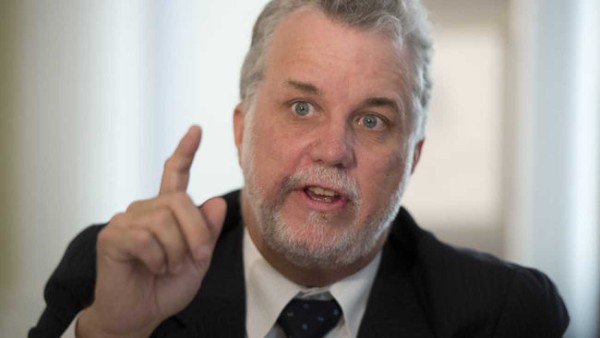
Along with Couillard, CAQ leader François Legault and QS co-spokesperson Françoise David were both re-elected.
What went wrong for the PQ, which at the start of the campaign looked headed for a majority in the National Assembly?
For one thing, the entry of Péladeau, the former president and CEO of Quebecor Media and Sun Media, as a PQ candidate proved to be a turning point — and it wasn’t in the PQ’s favor.
He announced his candidacy for the PQ by proclaiming his desire for a sovereign Quebec, bringing the issue of an independent Quebec front and center. “My connection to the PQ is a connection rooted in my deepest, most intimate values, and that is making Quebec a country,” he declared.
Marois brought Péladeau in to demonstrate that the PQ was a responsible steward of Quebec’s economy. But that backfired, since historically the PQ has been a left-of-center party that relied on lower-income and working-class votes.
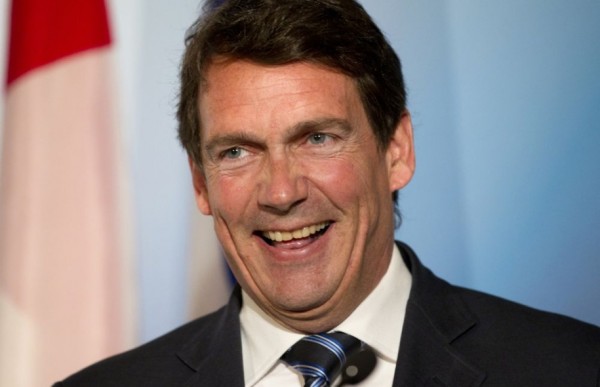
When his candidacy was announced, many in the province’s strong union movement were appalled. “The PQ has made room for a fierce union-buster; one of the most determined,” QS MNA Amir Khadir, said. “He tried repeatedly over the years to break the union movement.” Referring to Péladeau as “one of the richest men in Quebec,” Khadir warned that “the PQ is giving him the steering wheel of government.” The QS, which won all three of its seats in Montreal, clearly took votes away from the PQ.
(In 2010 Khadir participated in protests that were held outside of the Boutique Le Marcheur, a shoe store in Montreal, because the store sells shoes made in Israel.)
But there were other issues at stake, even apart from the separatist desire to hold an eventual referendum on the issue of sovereignty. Identity politics has always been at the heart of the nationalist party, and Marois last fall had introduced Bill 60, the so-called Charter of Values, which proved to be a polarizing issue.
The “secularist” charter would have prohibited public sector employees from wearing or displaying “conspicuous” religious symbols. It would apply only to public-sector workplaces such as schools, daycares, hospitals and universities — but Marois said later that the private sector could take “inspiration” from the proposed law.
In the last week of campaigning, Marois defending the charter, maintaining that it would “permit us to establish protections against fundamentalism and to ensure peace.” She also said that, should the charter be struck down by the Supreme Court of Canada, she would use the “notwithstanding” clause of the constitution to enshrine it in law.
Some of her supporters went even further. Well-known feminist Janette Bertrand used the example of an apartment swimming pool to warn of the dangers of religious accommodation. Imagine, she said, if two men come to a swimming pool in a Montreal apartment, and the sight of women in the water upsets them.
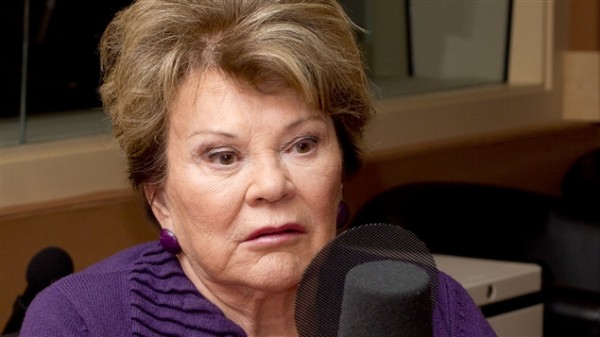
“Well, suppose they leave, and go see the owner,” said Bertrand. “Then they ask, ‘Well, can we have a day,’ and they will pay.” Soon, she warned, “It’s them who have all the pool time. That’s what will happen if there is no charter.”
Not surprisingly, Jewish, Muslim and Sikh minorities, who mostly live in the multicultural Montreal region, were strongly opposed to the proposed legislation, though polls had shown that a majority of francophones liked it.
The PQ kept only four of the island’s 28 ridings, down from six in 2012, and only one more than the QS, while the Liberals won 21.
But the charter is now a dead letter, the PQ itself is back in opposition, and the dream of a sovereign Quebec has been shelved, at least for the immediate future.

Henry Srebrnik is a professor of political science at the University of Prince Edward Island.
